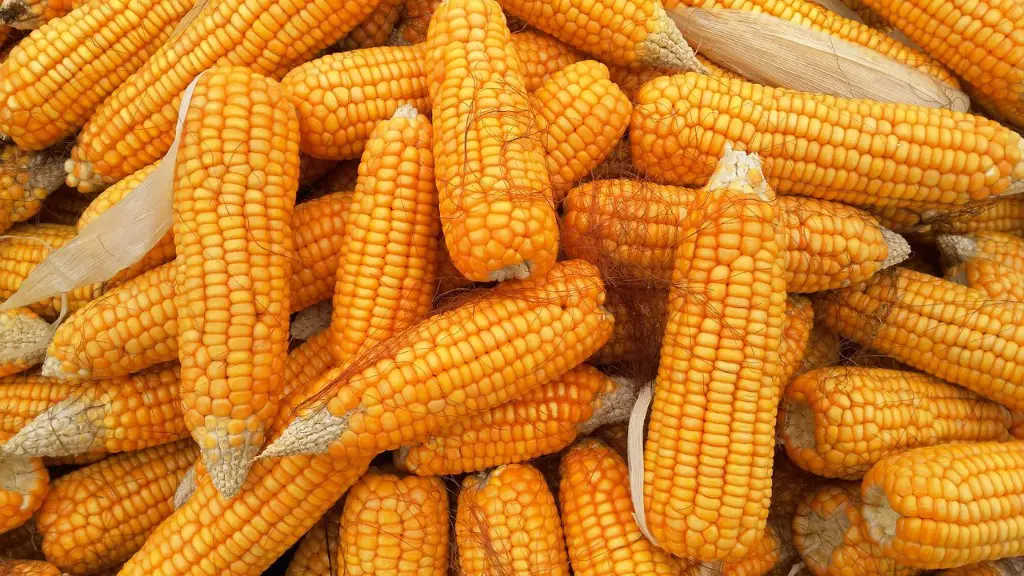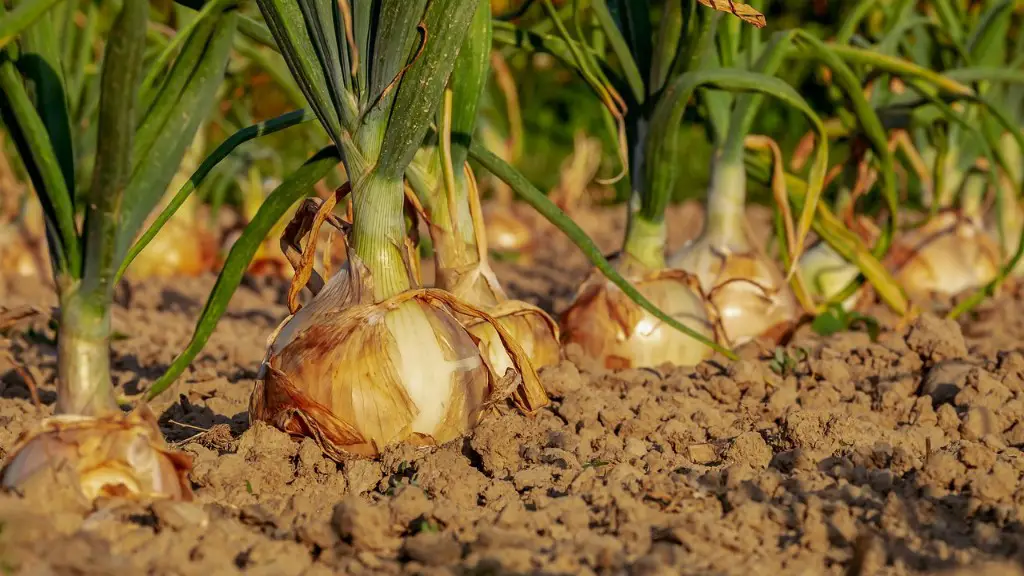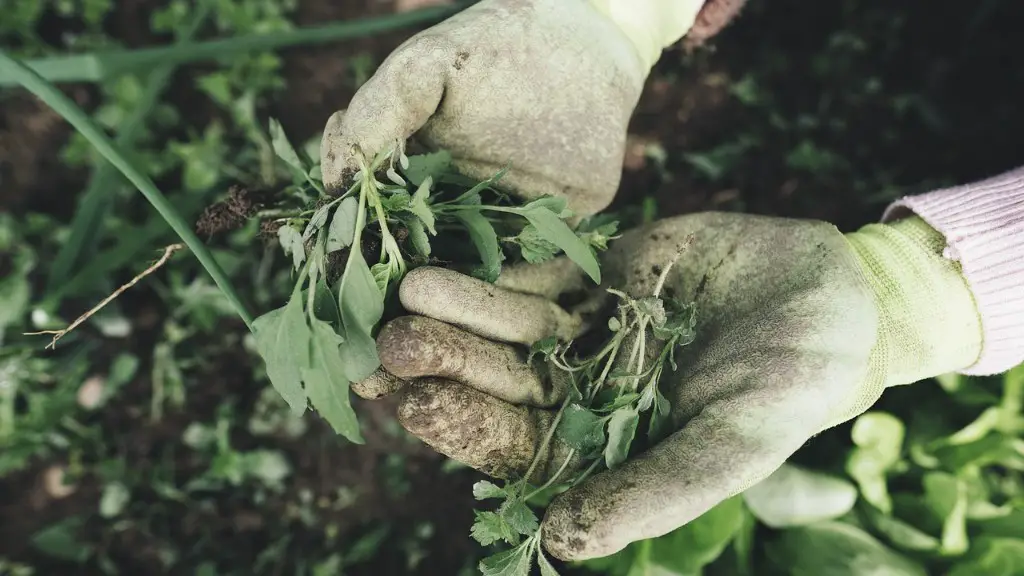The minister of agriculture in Liberia is Dr. Dennis S.G. Darius- alpha Kennedy. He holds a master’s degree in agricultural economics, as well as an honorary doctorate in international agriculture. He is charged with innovative and integrative solutions that will drive economic growth through agriculture. Currently, he is focusing on increasing the participation of women in the agricultural sector and facilitating public-private partnerships for greater productivity. He is also committed to the use of technology and innovation to increase access and productivity of smallholder farmers in his country.
In addition to his work as minister, Dr. Kennedy is a vocal advocate for the rights of rural farmers, particularly women and young people. As such, he spearheaded the establishment of the Agriculture and Rural Development Platform (ARD) to provide a platform and forum for discourse around youth development and entrepreneurship in the agricultural sector. He also works to ensure sustainable agricultural financing, encouraging the government to provide tax incentives to private-sector actors that contribute to the development of the sector. Beyond these initiatives, Dr. Kennedy is also a founding member of the West African Association of Young Professionals on Agriculture and Nutrition, and a fervent supporter of trade liberalization and market restructuring in the agricultural sector.
Aside from his work as minister of agriculture, Dr. Kennedy has also been involved in many other activities in the country. He was a member of the business and management committee of a consortium of universities in Liberia and has served as board member for several NGOs in the agriculture, women’s rights, and rural development sectors. He is also an avid public speaker and has given speeches to several international audiences on the potential of the sector and the need for public and private investment. In recognition of his work, he was awarded for inspiring excellence in the field of agriculture in Liberia in 2017.
All in all, Dr. Dennis S.G. Darius-alpha Kennedy is an exemplary leader in the field of agriculture in Liberia. His commitment to innovation, technological advancement and sustainability within the sector are commendable, and his advocacy for farmers’ rights demonstrates his dedication to assisting the sector and its constituents. He is a true leader and inspiration to many in Liberia and abroad, and his ambition and commitment to improving the sector will continue to benefit the country for years to come.
History of Agriculture in Liberia>
Agriculture is the foundation of the Liberian economy. It is the major source of income for most of the country’s population, providing employment for the majority of the rural population and contributing to the nation’s overall food security. Despite this, the sector has been plagued by numerous challenges, from limited access to markets, low productivity and low incomes to a lack of access to new technology, knowledge and finance. The agricultural sector in Liberia is also highly vulnerable to environmental hazards such as droughts and floods, further hampering development and progress.
The history of agriculture in Liberia can be traced back to the early twentieth century when the government encouraged farmers to develop large-scale production through the area allocation system. This system allocated farms to families and tribes, setting aside areas for specific types of crops. However, this system did not work as intended and plenty of land was left uncultivated due to lack of adequate investment and limited infrastructure. Additionally, while the system was designed to benefit rural communities, it ended up mainly benefiting the elites.
During the civil war, the agricultural sector suffered a further blow due to the loss of agricultural expertise and labor, as well as the displacement of millions of people. This led to the degradation of much of the country’s land, and the lack of investment further hindered the sector’s progress. In the post-conflict period, the government has taken steps to rebuild the sector, through initiatives such as the Smart Agriculture Initiative and the National Agricultural Investment Program. The government has also enacted reforms to increase access to land, finance and technology for smallholder farmers and established public and private institutions to better coordinate agricultural development.
Today, Liberia’s agricultural sector is in the midst of a period of great potential. The sector has access to new technologies, increased investment and new market opportunities, and with the right policies in place, it has the potential to be a major contributor to the country’s economic transition and development.
Ways to Increase Agricultural Productivity
Improving agricultural productivity is key to unlocking greater economic prospects in Liberia and achieving food security. This can be done through several avenues, including technological development, investment, education and market access. Technological advances such as precision agriculture can help increase farm yields, while investments in infrastructure, such as roads and irrigation systems, can also benefit smallholder farmers and wide-scale agricultural operations. Education and training can also help to develop the skills and knowledge of farmers, enabling them to better manage their farmland, increase crop yields, and introduce new technologies and practices. Finally, access to stable markets – both domestic and international – is essential for farmers to be able to sell their produce and reap the benefits of their hard work.
In order to realize its performance potential, Liberia must make significant investments in the agricultural sector. This includes increased investments in infrastructure, technology, innovation, access to services such as storage and processing capabilities, education, incentives and support for rural communities. Additionally, foreign investments and bilateral trade agreements with other countries should be welcomed, as they create further opportunities for increased productivity and access to new markets, as well as a greater diversity of crops grown.
Furthermore, the government needs to intensify its efforts to fight poverty, invest in agricultural research and training, promulgate policies that support the agricultural sector and its producers, and put in place public-private partnership frameworks for access to finance, capacity building, and market and policy linkages. These measures combined present a clear opportunity for increased agricultural productivity in Liberia, and are the groundwork upon which the country’s agricultural sector can be sustained and developed in the long-term.
Advantages and Challenges of the Agricultural Sector in Liberia
The agricultural sector in Liberia brings significant economic and social benefits to the country’s population. It is an important source of income and employment, contributing to the national gross domestic product (GDP) and poverty reduction. It also provides essential food security, accounting for the majority of the country’s food supply. Additionally, the sector also brings secondary economic benefits in the form of employment and trade opportunities, as well as investments in infrastructure, such as roads and irrigation systems
However, the sector also faces numerous challenges. These include limited access to affordable and reliable agricultural inputs, inadequate infrastructure and marketing resources, and low yields due to outdated technologies and unsustainable production practices. Additionally, the sector also suffers from poor governance and lack of accountability, particularly in the form of weak legal frameworks and a lack of enforcement of laws and regulations. Furthermore, the sector is also subject to external shocks, such as climate change, which can contribute to land degradation and crop losses.
As such, ensuring the continued success of Liberia’s agricultural sector requires a comprehensive and holistic approach, one that takes into account the economic, technical and social challenges that farmers are facing and provides targeted solutions to address them. These solutions should involve increased investment in agriculture, along with investments in human capital and infrastructure, and should prioritize sustainable agricultural practices that are able to withstand external shocks and climate change.
Role of Women in the Agricultural Sector
Women play an integral role in the agricultural sector in Liberia. Their involvement in the sector is particularly important in rural areas, where women are often the primary food producers and providers of income. In addition to providing food and income security for their households, women are also important agents of economic growth, contributing to the agricultural workforce and driving innovation and development within the sector.
However, despite their importance and contributions, women in Liberia’s agricultural sector face inequalities and discrimination, particularly in terms of access to resources, land and technology. Additionally, they are limited in terms of decision-making and representation in the sector, and lack access to credit and markets. This has a direct impact on their lack of productivity and financial security, hindering their ability to make the most of their potential and of the opportunities available.
In order to overcome these challenges, it is important that policies are put in place that prioritize female empowerment and equality. This includes promoting gender equality and providing access to financial services, as well as addressing cultural and social norms that limit women’s opportunities and decision-making power. Additionally, the government should also invest in agricultural education and training for women, enabling them to have a greater say in policy-making and decision-making, and providing them with the tools and knowledge to become more productive and successful agricultural producers.
Government Initiatives Aimed at Improving the Agriculture Sector
The Liberian government has taken several initiatives to improve the agricultural sector, with a focus on improving access to markets and promoting productivity, innovation and sustainability. This includes the Smart Agriculture Initiative, which seeks to increase access to technology, increase agricultural productivity and the efficient use of resources, and stimulate economic growth in the sector. Additionally, the government has also established the Rural Development Program, which aims to increase access to and use of infrastructure, and facilitate access to credit and services such as access to land and technical assistance to farmers.
The government has also taken steps to facilitate public-private partnerships, with a view to increasing the private sector’s role in the sector and unlocking new opportunities for agricultural finance and market linkages. The government has also implemented a “one-stop-shop” online system to simplify access to services and market information, and launched a national database of land titles as part of the Land Rights and Title Reforms project, in order to improve land tenure security and access to land. Finally, the government has also implemented a food safety and quality assurance program aimed at promoting better agricultural practices and improving food safety.
Despite these initiatives, there is still more to be done in terms of improving the sector and unlocking its potential. The government must continue to invest in the sector to improve access to markets and finance, facilitate trade and stimulate innovation, as well as prioritize sustainability and gender equality in all of its policies and programs. Additionally, dedicated efforts to combat poverty and inequality are also necessary for the sector to reach its full potential.





